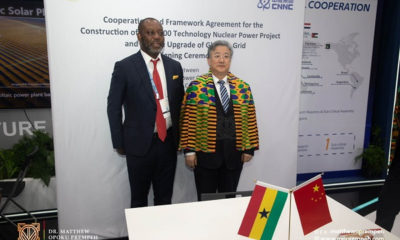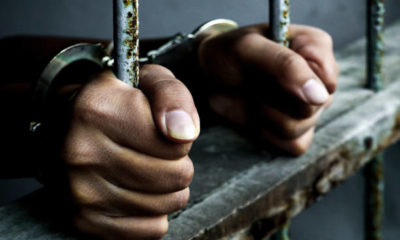POLITICS
WATCH: What Kwame Nkrumah said in 1966 about the ‘biggest sin’ against Ghana
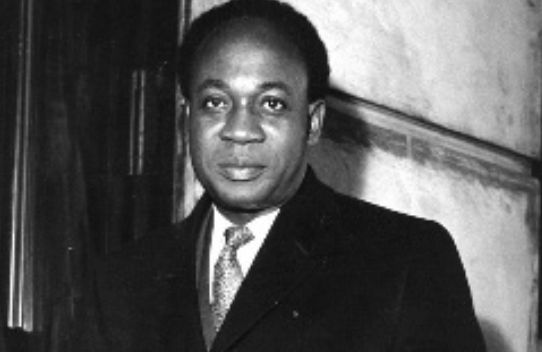
Launched by the National Liberation Council, the coup d’état was code-named “Operation Cold Chop.”
Kwame Nkrumah had left a 3-person presidential commission in charge of the country but that was when the new Ghana took a bite at its first experience of what became common practice in the country in later years; a coup d’état.
Not even the fact that Nkrumah was only out of the country at the time executing an assignment on behalf of Ghana was enough to save him from that embarrassment.
In an audio clip visualized into a video and shared by a group called ‘Fighters’ on Facebook, Kwame Nkrumah is heard speaking about the coup d’etat and how detrimental it was to the progress and development of the country, considering everything that had been achieved after independence.
Transcript of Kwame Nkrumah‘s speech about his overthrow:
“Fellow countrymen, my heart is heavy as I witness the damage which this click of neo-colonialist conspirators are doing to our country at the bidding of their overseas neo-colonialist masters, they’re dismantling the works of 50 years. They’re telling you that Ghana is bankrupt; they’re telling you that our country is in debt to the extent of some 240 million pounds. What fools they are! How ignorant for them to think that you believe these stupid lies.
“Open your eyes and look around you. See for yourself; see the splendid new Tema Harbour, see the mighty Volta Dam, see the fine roads we have built under the leadership of the Convention People’s Party and its government. See the schools, the colleges and universities. See the hospitals and the facilities which we have created. See the factories which are already springing up. These are not debts; they are investments in our future as an independent nation.
“These are the physical guarantees of the bright, new future which I have promised you and I have been working for. Together, we can put our Ghana firmly and squarely on its own feet. Together, we can create the things we need ourselves instead of going cup in hand for charity handouts from foreign powers whose only wish is to exploit us and make us vassals to their interests.
“I know these are hard and trying days for you and I’ve never tried to conceal from you that real independence, that is to say economic independence, does not come without hard struggles and sacrifice, unlike the cheats deceive us, the liars and traitors who are now trying to lord it over you, I have never promised you any easy road. I have respected your good sense, your capacity for work, your pride in yourself, and your sense of national dignity.
“Why do you think these traitors, these agents and (sic) of colonialism and of international intrigue to restore the independence of Ghana, chose this moment to perform their dastardly act? I will tell you. Less than one month before they struck to destroy all our hard work we had inaugurated, only three days before this treachery, we had signed a new agreement to irrigate the mighty Accra Drains. At last, we were on a threshold of a new victory; we had in 1957 won our political independence after years of struggle. Now in 1966, we were on the threshold of winning our economic independence.
“The same people who tried to sabotage our winning of political independence nine years ago, have now struck to sabotage our political independence and are systematically dismantling our socialist gains and achievements. Before the traitors and the rebellious National Liberation Council tried to shut power during my absence from Ghana, Ghana was a heaven to which the oppressed from all parts of Africa, could come to carry on their struggle.
“It was a heaven for freedom fighters, for independence and against colonialism. The name of Ghana was revered all over the African continent as a staunch friend of the oppressed. African brothers from South Africa, from Rudisha, from Mozambique and Angola, from the so-called Portuguese Guinea and Cape Verde Islands, and other oppressed colonial areas were given hospitality among us. Do you think this is something of which we needed to be ashamed? Not at all. On the contrary, it was something of which we should be justly proud,” he said.
Kwame Nkrumah’s Overthrow:
Ahead of the coup, by the National Liberation Council in 1966, Nkrumah’s popularity had declined substantially, especially in mid-1961 when he instituted a wage freeze, tax increases, and a compulsory savings system to halt a serious drain on foreign exchange reserves without reducing development and prestige expenditures.
“That September, rail and dock workers, and some civil servants struck in protest, a demonstration unprecedented since the country’s independence. Some strikers demanded release of political prisoners and the holding of new elections, as well as satisfaction of their economic grievances. A week-long strike action was embarked upon by Ghanaian workers in the three main towns of Accra, Kumasi and Takoradi in protest against the government’s compulsory saving scheme and reflected the growing discontent of the Ghanaian public.
“Numerous assassination attempts traceable to outside intervention dotted Nkrumah’s years in power. In one instance, by unintentionally arriving a few minutes late for a dedication ceremony at Kulungugu, he avoided being killed by a time-bomb planted in a bouquet of flowers that had been given to a small child to present to him.
“The aftermath of this assassination attempt against Nkrumah in August 1962 at Kulungugu, a town he was visiting on the Upper Volta border, rekindled opposition at his center of power. In the following months, a series of bombing attacks in Accra killed at least 20 persons and injured nearly 400 more. The bombers and planners of the attempted assassination at Kulungugu are unknown but were probably part of a small terrorist group with little following. Their objective appears to have been the creation of civil disturbances which would force Nkrumah to step down,” portion of a document titled, [The United States and the Overthrow of Kwame Nkrumah] from the Fort Hays State University, said.
Following the toppling of Kwame Nkrumah’s government, many people took to the streets in jubilation.
Author: Etsey Atisu
-
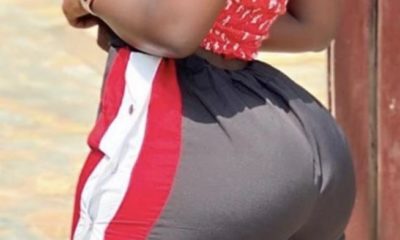
 Lifestyle4 weeks ago
Lifestyle4 weeks agoRoad Safety Authority narrates how buttocks causes road accident
-
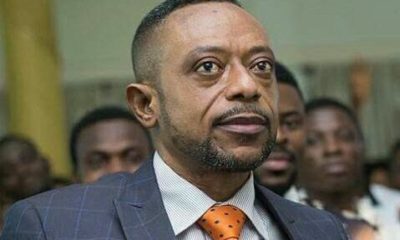
 GENERAL NEWS1 month ago
GENERAL NEWS1 month agoWhy 15 police officers stormed Owusu Bempah’s church – Kumchacha narrates
-
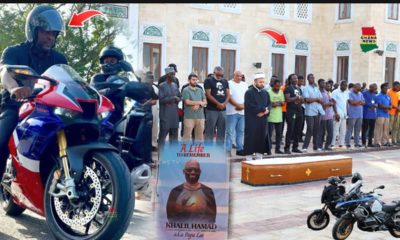
 GENERAL NEWS4 weeks ago
GENERAL NEWS4 weeks agoWatch how Ibrahim Mahama rode Honda superbike to pay last respects to late friend
-
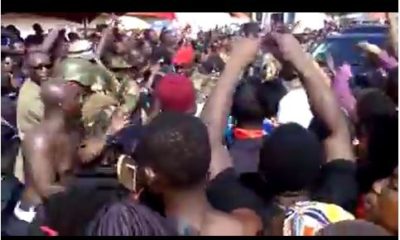
 GENERAL NEWS1 month ago
GENERAL NEWS1 month agoHow Offinso residents storm destooled queen mother’s house, demand for new chief
-

 South Africa News1 month ago
South Africa News1 month agoWoman thrown out of a speeding taxi while on her way to work
-
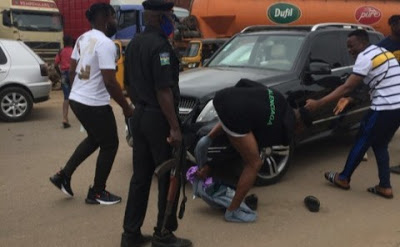
 GENERAL NEWS2 weeks ago
GENERAL NEWS2 weeks agoDeadly clash between youth and navy personnel results in two deaths at Tema Manhean
-
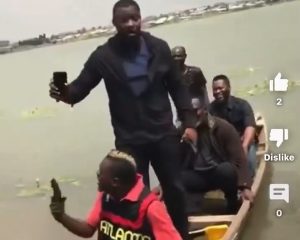
 SHOWBIZ KONKONSAH2 weeks ago
SHOWBIZ KONKONSAH2 weeks agoJunior Pope’s Death: Video of John Dumelo refusing to join canoe for movie shoot over safety concerns resurfaces
-
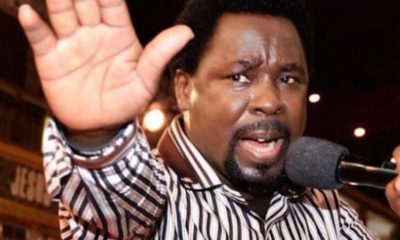
 News Africa2 months ago
News Africa2 months ago‘Satanically dubious’ – SCOAN releases statement on BBC’s report about TB Joshua, church

